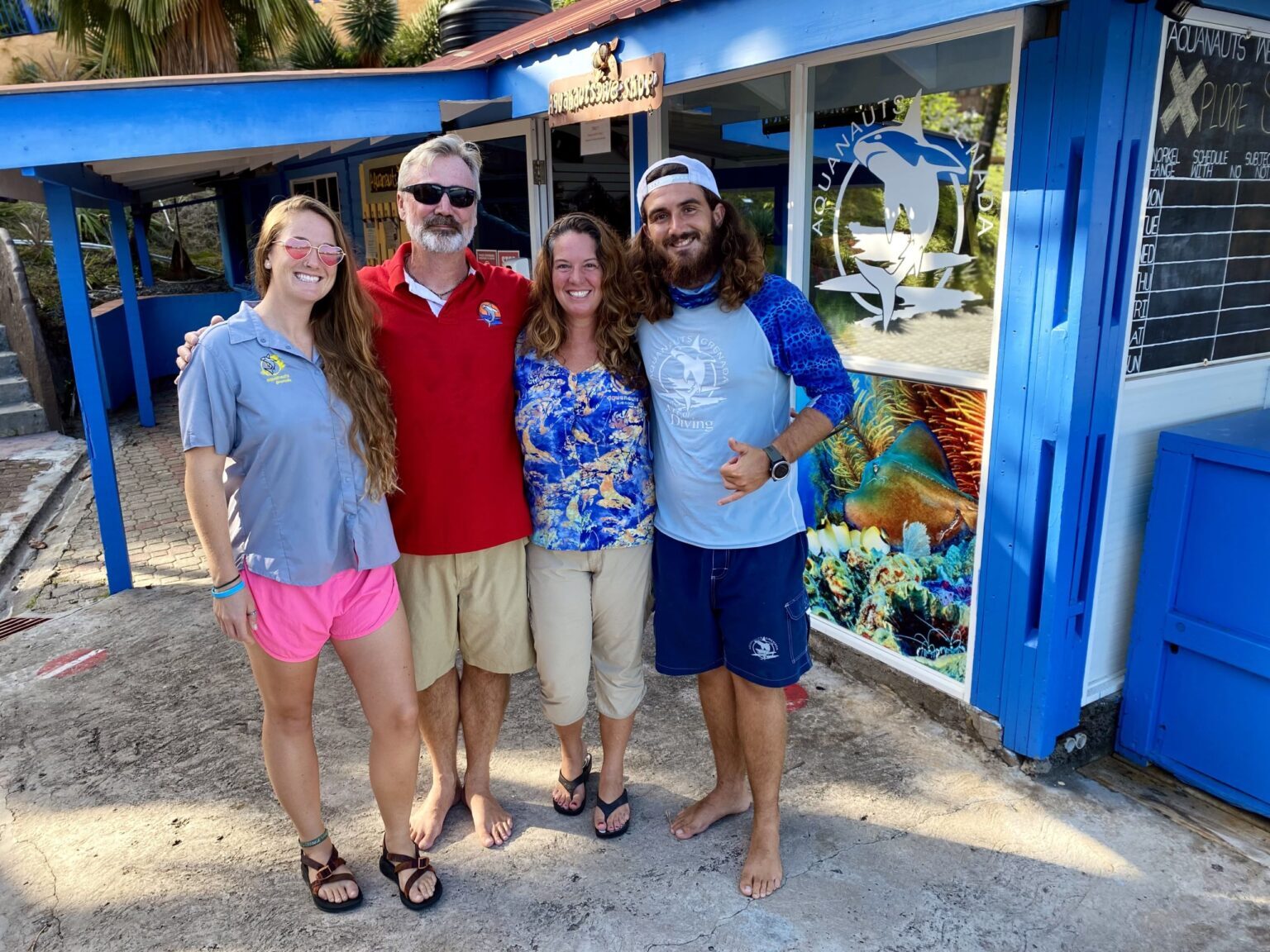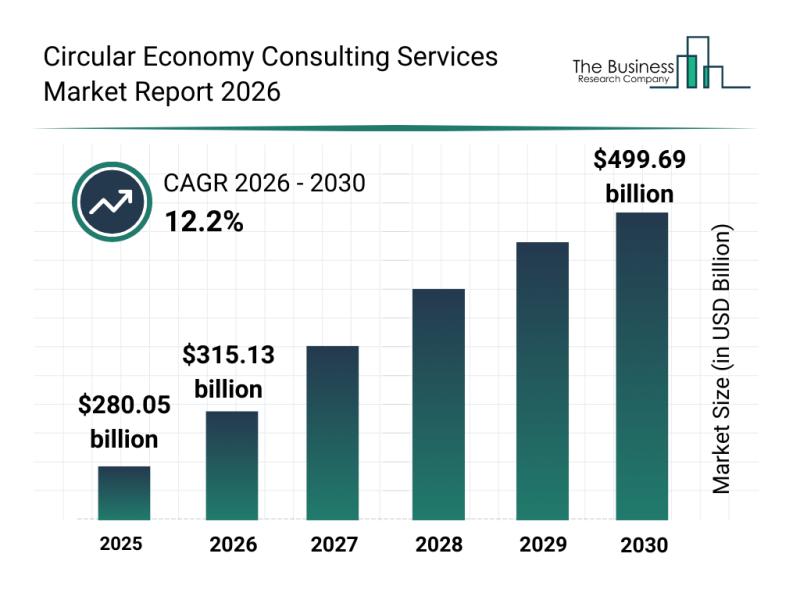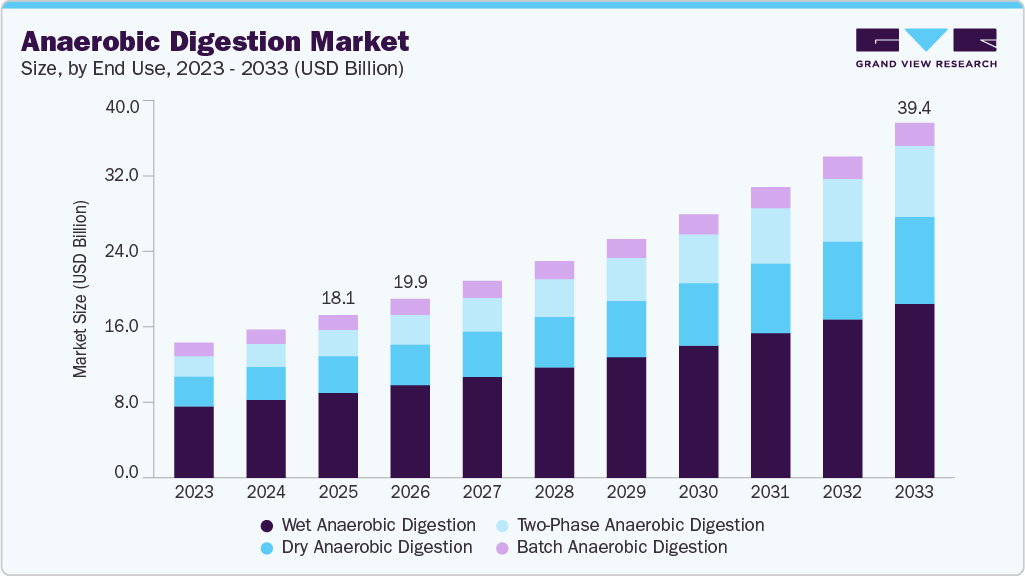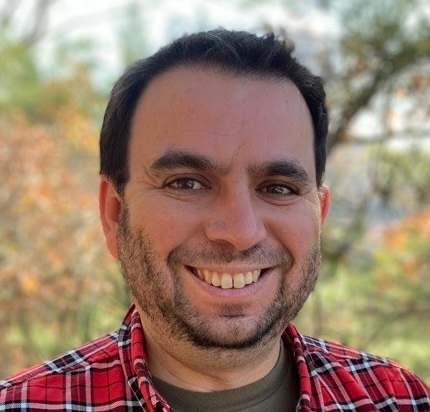Aquanauts Grenada wins CHTA Coral Reef Tourism Stewardship Award for Outstanding Sustainable Tourism – Divernet

Aquanauts Grenada Receives 2025 Stewardship Award for Contributions to Sustainable Development Goals
Aquanauts Grenada has been recognized as the overall winner of the 2025 Caribbean Coral Reef Tourism Stewardship Award. The award, conferred by the Caribbean Hotel & Tourism Association (CHTA) in partnership with the Caribbean Alliance for Sustainable Tourism (CAST) and The Nature Conservancy, acknowledges the dive operator’s significant contributions to marine conservation and sustainable community development, aligning with several key United Nations Sustainable Development Goals (SDGs).
Initiatives Supporting SDG 14: Life Below Water
The organization’s core activities directly address the targets of SDG 14 by focusing on the conservation and sustainable use of marine resources. These efforts are central to protecting Grenada’s coastal and marine ecosystems.
- Invasive Species Management: Thousands of invasive lionfish have been removed from Grenadian reefs, mitigating a primary threat to local marine biodiversity and ecosystem health.
- Holistic Ecosystem Conservation: The “Roots-to-Reef” tourism model educates visitors on the interconnectedness of coastal ecosystems, including rainforests, mangroves, seagrass beds, and coral reefs, promoting a comprehensive approach to marine conservation.
- Reef Protection: All conservation activities are designed to protect and restore the health of coral reefs, which are vital for marine life and coastal protection.
Advancing SDG 4 (Quality Education) and SDG 8 (Decent Work and Economic Growth)
Aquanauts Grenada has developed programs that link environmental stewardship with community empowerment, creating educational and economic opportunities that support local development.
- Youth Education and Empowerment: The Aqua Rangers Youth Development Scholarship, funded through community events, provides local youth with hands-on training in marine stewardship. This initiative directly supports SDG 4 by offering specialized environmental education and skill development.
- Sustainable Economic Opportunities: By transforming the environmental challenge of lionfish into funding opportunities through events like “Lionfish Bites & Beats,” the organization creates a sustainable economic model. This approach supports SDG 8 by fostering sustainable tourism and empowering coastal communities.
- Replicable Model for SIDS: The operational framework provides a replicable model for other Small Island Developing States (SIDS) to address environmental challenges while creating sustainable economic and educational benefits.
Commitment to SDG 12: Responsible Consumption and Production
The operator’s business model is founded on the principles of sustainable tourism, which aligns with the objectives of SDG 12 by promoting responsible and sustainable patterns of consumption and production.
- Sustainable Tourism Experience: Guests are invited to actively participate in conservation activities, engaging directly with local communities and environmental projects.
- Educational Engagement: The “Roots-to-Reef” experience allows tourists to understand how simple conservation measures contribute to a sustainable future, fostering a deeper appreciation for responsible travel.
- Community Integration: The model ensures that tourism benefits are shared with the local community, promoting an inclusive and sustainable approach to economic development.
Recognition and Partnership (SDG 17)
The Coral Reef Tourism Stewardship Award highlights the importance of partnerships in achieving sustainability goals, a cornerstone of SDG 17 (Partnerships for the Goals). The collaboration between CHTA, CAST, and The Nature Conservancy to recognize such efforts underscores the collective action required for effective environmental stewardship. Aquanauts Grenada will formally accept the award at the CHTA’s CHIEF Conference in Barbados on November 16th.
Analysis of Sustainable Development Goals in the Article
1. Which SDGs are addressed or connected to the issues highlighted in the article?
-
SDG 14: Life Below Water
- The article’s central theme is the conservation of marine ecosystems, specifically coral reefs in Grenada. It highlights direct actions like the removal of invasive lionfish and the protection of coastal ecosystems, which are core to this goal.
-
SDG 8: Decent Work and Economic Growth
- The article discusses the promotion of “sustainable tourism” through the “Roots-to-Reef tourism experience.” This approach creates economic opportunities for the local community while preserving natural resources, directly aligning with the goal of promoting sustained, inclusive, and sustainable economic growth.
-
SDG 4: Quality Education
- The “Aqua Rangers Youth Development Scholarship” and providing “hands-on training in marine stewardship” for local youth are key initiatives mentioned. This focuses on environmental education and skill development for sustainable development, which is a crucial aspect of quality education.
-
SDG 17: Partnerships for the Goals
- The award itself is a result of a partnership between the Caribbean Hotel & Tourism Association (CHTA), the Caribbean Alliance for Sustainable Tourism (CAST), and The Nature Conservancy. This collaboration to recognize and promote sustainable practices exemplifies the spirit of this goal.
2. What specific targets under those SDGs can be identified based on the article’s content?
-
Under SDG 14 (Life Below Water)
- Target 14.2: By 2020, sustainably manage and protect marine and coastal ecosystems to avoid significant adverse impacts. The article directly addresses this by describing how Aquanauts Grenada works to protect Grenada’s reefs, remove invasive lionfish, and manage the “full coastal ecosystem — from the rainforests to mangroves and seagrass beds to coral reefs.”
- Target 14.7: By 2030, increase the economic benefits to Small Island Developing States (SIDS) from the sustainable use of marine resources, including through sustainable management of tourism. The article explicitly states that the conservation model is “easily reproduced within Small Island Developing States (SIDS)” and focuses on sustainable tourism in Grenada, which is a SIDS.
-
Under SDG 8 (Decent Work and Economic Growth)
- Target 8.9: By 2030, devise and implement policies to promote sustainable tourism that creates jobs and promotes local culture and products. The “Roots-to-Reef tourism experience” and events like “Lionfish Bites & Beats and Jam & Jewelry Nights” are perfect examples of sustainable tourism products that engage local communities and create economic value from conservation efforts.
-
Under SDG 4 (Quality Education)
- Target 4.7: By 2030, ensure that all learners acquire the knowledge and skills needed to promote sustainable development. The article highlights the “Aqua Rangers Youth Development Scholarship” and the provision of “hands-on training in marine stewardship” to local students, directly contributing to education for sustainable development.
-
Under SDG 17 (Partnerships for the Goals)
- Target 17.17: Encourage and promote effective public, public-private and civil society partnerships. The award is given by a partnership of organizations (CHTA, CAST, The Nature Conservancy) to a private dive operator (Aquanauts Grenada), recognizing their leadership in conservation and community engagement, showcasing an effective partnership model.
3. Are there any indicators mentioned or implied in the article that can be used to measure progress towards the identified targets?
-
For Target 14.2 (Protect Marine Ecosystems):
- A direct quantitative indicator is mentioned: “Thousands of lionfish have been removed from Grenadian reefs.” This measures the scale of the intervention to protect the native reef ecosystem from an invasive species.
-
For Target 4.7 (Education for Sustainable Development):
- An implied indicator is the number of local youth receiving hands-on training through the “Aqua Rangers Youth Development Scholarship.” The existence and funding of this program serve as a measure of educational outreach.
-
For Target 8.9 (Promote Sustainable Tourism):
- An implied indicator is the amount of funding generated for community programs through tourism initiatives. The article states that events like “Lionfish Bites & Beats and Jam & Jewelry Nights” generate “funding for the Aqua Rangers Youth Development Scholarship,” linking tourism directly to community benefits.
-
For Target 14.7 (Economic Benefits for SIDS):
- An indicator is the development and success of a sustainable tourism model that is “easily reproduced within Small Island Developing States (SIDS).” The replicability of the model is a key measure of its potential impact across other SIDS.
4. Table of SDGs, Targets, and Indicators
| SDGs | Targets | Indicators |
|---|---|---|
| SDG 14: Life Below Water | 14.2: Sustainably manage and protect marine and coastal ecosystems. | Number of invasive lionfish removed (“Thousands of lionfish have been removed”). |
| SDG 14: Life Below Water | 14.7: Increase the economic benefits to Small Island Developing States (SIDS) from the sustainable use of marine resources. | Development of a sustainable tourism model that is “easily reproduced within Small Island Developing States (SIDS).” |
| SDG 8: Decent Work and Economic Growth | 8.9: Devise and implement policies to promote sustainable tourism. | Funding generated for community scholarships through sustainable tourism events (“Lionfish Bites & Beats and Jam & Jewelry Nights”). |
| SDG 4: Quality Education | 4.7: Ensure all learners acquire knowledge and skills needed to promote sustainable development. | Number of “local youth [who] receive hands-on training in marine stewardship” via the Aqua Rangers scholarship. |
| SDG 17: Partnerships for the Goals | 17.17: Encourage and promote effective public-private and civil society partnerships. | The partnership between CHTA, CAST, and The Nature Conservancy to award and recognize a private operator for conservation leadership. |
Source: divernet.com
What is Your Reaction?
 Like
0
Like
0
 Dislike
0
Dislike
0
 Love
0
Love
0
 Funny
0
Funny
0
 Angry
0
Angry
0
 Sad
0
Sad
0
 Wow
0
Wow
0















































































